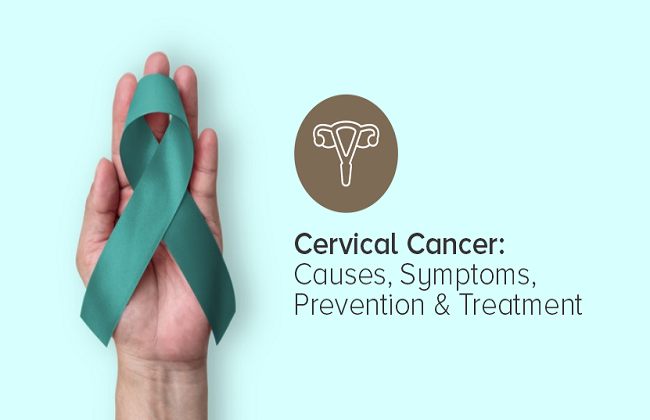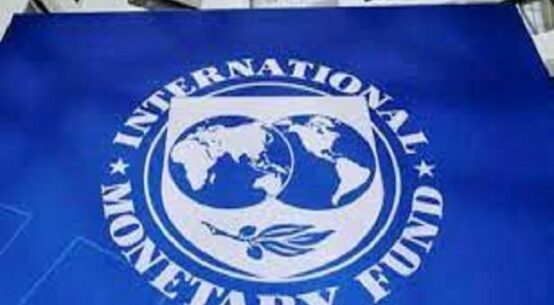
Medical experts called for early screening to prevent cervical cancer as it appears to be fourth most common cancer for women with an estimated 570,000 new cases worldwide every year.
In Bangladesh, the cervical cancer emerged as the second common cancer with approximately 12,000 new cases detected every year, and over 6,000 deaths occurred due to the severity of the disease as the Human Papilloma Virus (HPV) causes cervical cancer.
Thirty-seven-year-old Rahela Begum (pseudonym) is a housewife. She and her husband were blessed by two children. Her husband is working for a private farm.
Once Rahela felt extreme pain during her menstruation as the menstruation also became irregular. One day, she visited a gynecologist. After undergoing several diagnoses, the doctors found her to be suffering from cervical cancer.
Experts said post-menopausal bleeding, unusual or heavier bleeding during menstruation, extreme pain during intercourse, bleeding after intercourse, increased vaginal discharge, unexplained pelvic and back pain feature cervical cancer.
If anyone has this type of symptom, she should visit a doctor as soon as possible, they added.
Most cancers do not have any vaccines, but a vaccine is available for cervical cancer.
All girls, whenever she reaches her reproductive age considered to be around 13-15 years, should get vaccinated, experts said, adding that such a small and easy step can give protection to her for a lifetime.
They said screening can be very good preventive measure for cervical cancer like breast cancer as after reaching the age of 30, every woman must go for screening, at least once a year.
Cervical cancer screening is now available and accessible to women from all types of socio-economic backgrounds, thanks to the programmes initiated by the government and many health-related non-government organisations (NGOs) and non-profit organisations that offer free screening.
Getting married and having children before the age of 18 poses a huge risk in developing cervical cancer.
The best time to have a baby is above 20, to reduce the risk of contacting this type of cancer. Besides, it is very essential to make gap between two times pregnancies. After having a baby, it is wise to wait at least 18 months before getting pregnant again to avoid cervical cancer.
It goes without saying that personal hygiene prevents many types of diseases, and cervical cancer is no different. Keeping the cervix area clean is very important.
Sexual activity with more than one partner increases the chances of infection by HPV.


